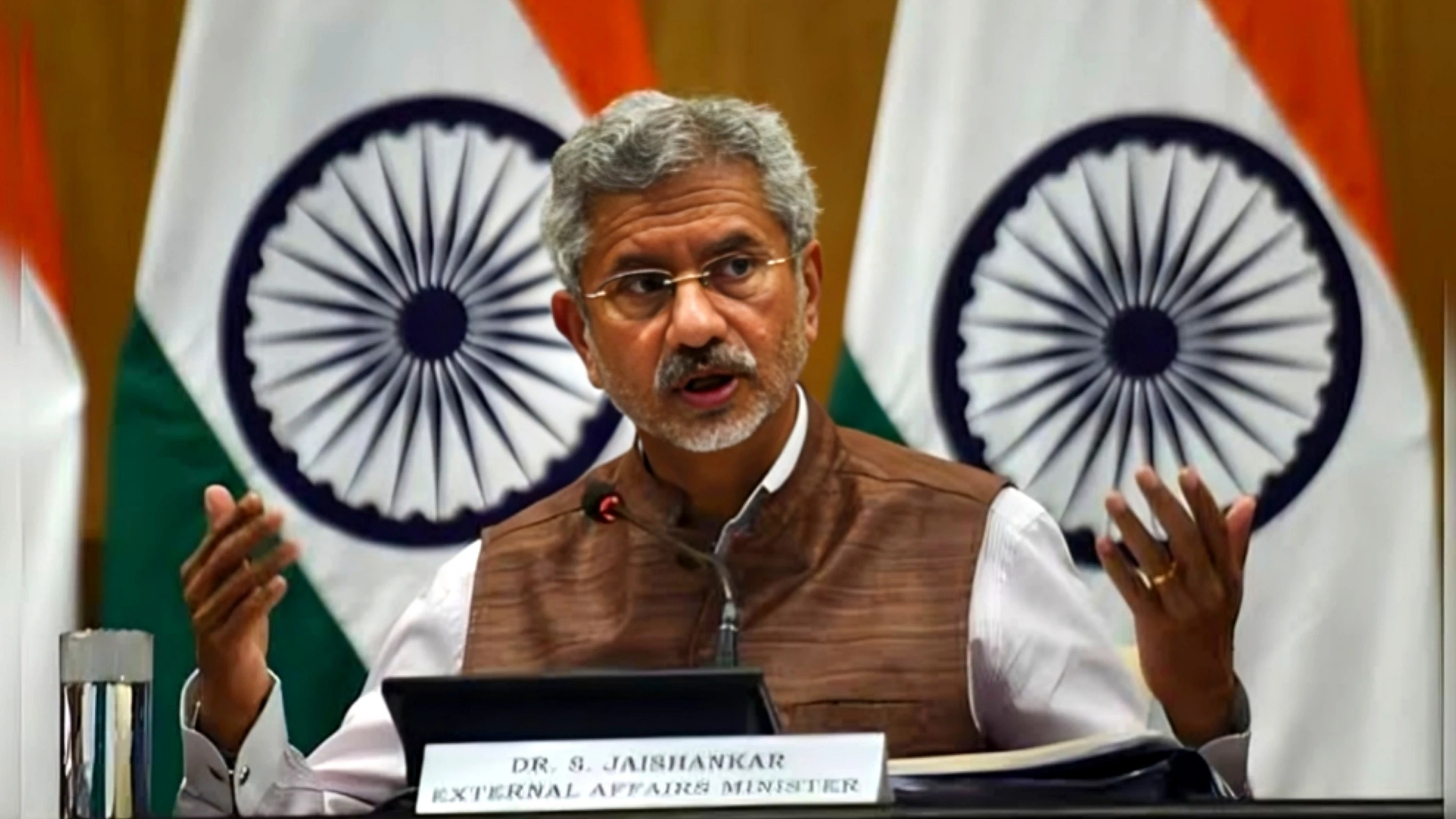Source Credit: Deccan Chronicle
In a significant legal development, a court has set aside the life sentence and conviction of a farmer who had been wrongfully convicted. The farmer, originally sentenced to life imprisonment for a crime, had maintained his innocence throughout the trial. After a detailed reassessment of the evidence and trial procedures, the court concluded that the conviction was based on insufficient and flawed evidence, leading to the decision to overturn the sentence.
The case has raised concerns about the fairness of the judicial process, particularly regarding the treatment of rural individuals in the legal system. The farmer's defense team presented new evidence that was not considered in the initial trial, which ultimately played a key role in proving his innocence. This decision has been hailed as a victory for justice, emphasizing the importance of fair trials and thorough investigation in ensuring that the right person is held accountable.
This case highlights the vulnerability of marginalized individuals, particularly in rural areas, who may not have access to quality legal representation. It also calls for reforms in the judicial process to prevent miscarriages of justice. As the farmer returns to his community, the decision serves as a reminder of the need for the legal system to prioritize fairness and accuracy in all criminal cases.








